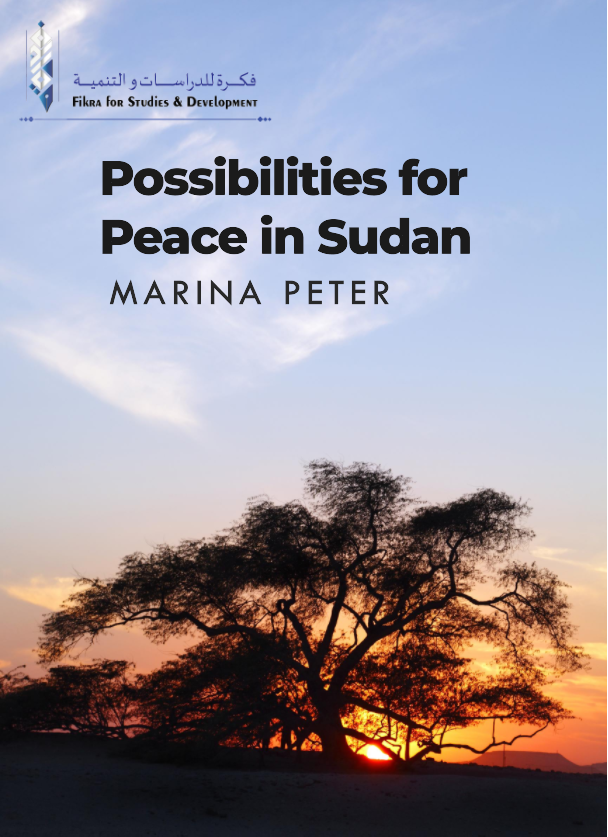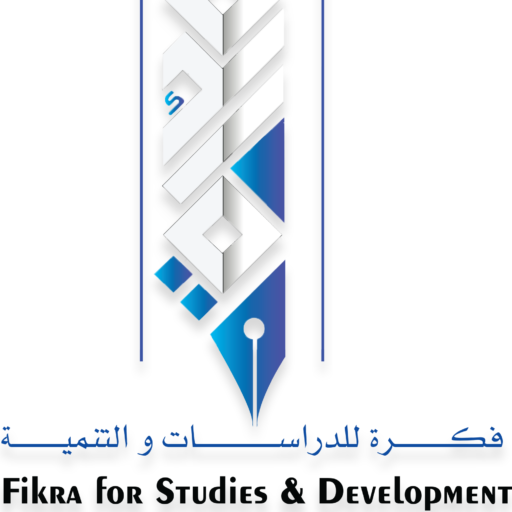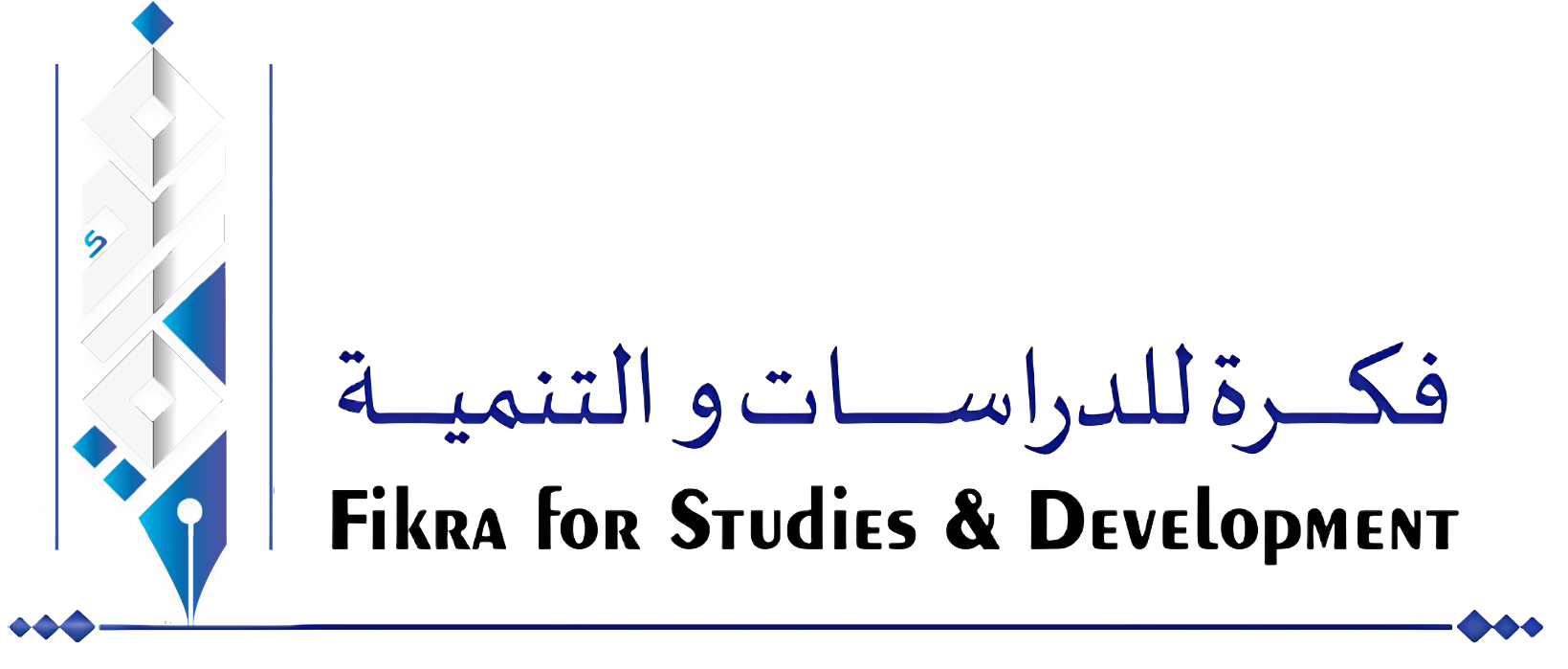POSSIBILITIES FOR PEACE IN SUDAN
POSSIBILITIES FOR PEACE IN SUDAN

Input for the Sudan day, Sweden, September 8, 2023
Marina Peter, chair Sudan and South Sudan Forum
My first visit to Sudan and my first direct encounters with the wonderful people of Sudan were at the end of 1986 – nearly four decades ago. Already by then, I thought the situation could not get worse – with the very hot and dry , in parts nearly inhuman climate; the poverty, the hunger, the displacement; with people in Darfur just trying to deal with the aftermath of the terrible famine of 1983; with the Sharia laws, the many human rights abuses; with the war in South Sudan and parts of the Nuba Mountains, in Blue Nile and in Eastern Sudan, and with IDPs struggling for survival in camps on dump sides in the capital, e.g.
But of course, it could get worse. In 1989 the National Islamic Front, later renamed into National Congress Party, made a coup under Omar al Bashir. People were only able to topple their regime 30 years later. When in 2005 the peace agreement with South Sudan was signed, Darfur was already set into flames by the Sudanese army, or better to say their allied militia. Until today (South) Sudanese people suffer from the divide and rule policy of Sudanese governments – and the government of South Sudan, independent since 2011, practicing the same: Using ethnic militias to fight their wars for them, leaving uncountable arms in the hands of nearly everybody.
Elites are plundering the wealth of the country, may it be gold, oil, fertile land or just peoples’ private property. Elites with no interest in, let alone working for the wellbeing of their people, paired with vested interests from outside players to take their share of the wealth or to pursue their own military-strategic goals. Exactly this pattern caused so many conflicts in Sudan, and is, what we see today again. New is only that this time the war reached the capital, too; the nearly unthinkable scale of violence, brutality, looting, raping, displacement as well as the speed, in which the country is being ruined.
I was asked to speak about possibilities for peace in Sudan. It might have been better phrasing it in the form of a question: Are there any possibilities for peace in Sudan now?
The answer to this question is short and a very sad one: No.
The current state of the country, of the region, the continent and of the whole globe with their dynamics, tremendous challenges and polarization make it highly unlikely that something that deserves the word peace will prevail in Sudan any soon. To the contrary: I am afraid, the worst is still to come, and we all better prepare for it.
Let me briefly explain what causes my rather pessimistic view:
- Military confrontations like the current one in Sudan either need to get fixed with the very first weeks,better days, or they will drag on for a long time – see Ukraine, Syria, see Libya, South Sudan, and Ethiopia, to name just a few. The war is already prevailing since April. With every day that it is going on, the chances even for a holding ceasefire are getting slimmer.
- Like in other places and in previous conflicts in Sudan/South Sudan before, the number of armed actors is increasing basically by the day, the longer the conflict is going on. Already only 5 months into the war, it seems, both SAF and RSF central commands might not be fully in control of their forces any longer. Armed groups are partly just acting like bandits; some armed groups are trying to resolve old conflicts over resources in a particular area, like the Salamat and Bani Halba clans in Darfur, originally part of RSF; others are paid mercenaries from outside – like Wagner troops, or soldiers from Chad, Mali, Niger and Libya on the side of the RSF who might like to stay forever as war is what they make their money with; and partly they are “old groups” like the SPLM/North Al Hillu in South Kordofan, misusing the situation for a new war against SAF. They all have in common that they completely ignore any law and are committing grave human rights abuses, scaling up to war crimes like in the case of bombing and slaughtering civilians, and of alleged genocide like in the case of the Massalit, an ethnic group of African identity in El Geneina.
- The war increasingly gets tribalized. Misusing the argument of tribal/ethnic discrimination, both SAF as well as RSF try to rally support, and keep on recruiting civilians – most likely even underage ones- young men with no other perspectives in the impoverished country.
- If anybody believes any sustainable peace deal would be possible with RSF and SAF only, he or she misses the point completely. But including all other armed groups who are equally lacking (clear) objectives will also not work. Armed forces – SAF, RSF or militias/other armed forces – need to be part of ceasefire mechanisms and regional/local peacebuilding efforts. But they shall never be part of any political settlement again. A settlement must be discussed, to be negotiated, to be agreed upon and to be implemented in an inclusive process by civil Sudanese themselves- however long it may take.
- The longer the war continues, the more likely it will sustain and expand, even beyond the borders of Sudan.
Parts of Sudan which so far have not experienced direct war are at risk to become direct battle fields, too. Regional and global players will sooner or later openly support one side. Already now, a lot could be said about the current role of regional players like Egypt, Eritrea, the Emirates, Saudi Arabia, or of global ones likeRussia, the US, and China, to name but a few. Without them keeping their hands off Sudan, the state definitely will collapse totally, with severe regional consequences.
The whole region is instable anyway, just recall the situation in Libya or take South Sudan, a country being very far from legitimately called peaceful.
The same is true for Ethiopia. Players from outside thought, problems were solved with just the Tigray war getting fixed. It has been kind of fixed, at least there is ceasefire – but now Oromia and Amhara are in flames, a development completely foreseeable from the beginning.
- By far too many peace initiatives are currently running parallel, competing even, and thereby giving room for armed forces to play their own games: the most prominent is the initiative by the US together with Saudi Arabia in Jeddah, but there are initiatives by IGAD, by the AU, by Egypt, and even Israel offered to mediate; of lately SAF general Burhan asked South Sudan’s president Salva Kiir to fix it, who anyway is already part of the IGAD initiative, rejected by Burhan because of Kenya’s suspected role.
If there is an honest interest in a peaceful future for Sudan, the international community needs to agree on one platform only, which has to fully integrate Sudanese civil partners from the very beginning.
- A terrible exodus including intellectuals and activists is ongoing, either through direct targeted killing or through emigration. For the older migrants it is the second, third or even fourth time to be forced to leave home. Traumata already big because of the past, including the violence used during and after the peaceful revolution, are now very deep. What such traumata can cause and how difficult it is to build a country with deeply traumatized and retraumatized people can be seen in the sad case of South Sudan, e.g.
Having all the above stated in mind: Are there any perspectives for peace in the long run? Of course, nothing is forever, and, as Nobel peace laurate Desmond Tutu once said: We are all slaves of hope, rightly so, I would even add. Giving up is never an option, and there are so many great Sudanese keeping on working for peace, old ones, and especially also the young ones, the backbone of the peaceful revolution of 2019/20, the ones who at this moment do their outmost again to assist their fellow countryman and women in any way possible. They all are the ones who will find a solution- the sooner, the less outsiders with their own agenda interfere.
Also important in the process is, that outsiders stop asking the various Sudanese political and civil actors to speak with one voice. How on earth should they do this-and why? Just imagine asking all kind of different actors in Sweden or in Germany to speak with one voice, as otherwise you could not deal with them! It will never work, and there is absolutely no need even. Just assist Sudanese civil groups to meet and to discuss and make their voice heard; assist all local reconciliation and peace building efforts wherever possible – and have a very long breath, even in hosting refugees.
Marina Peter is a teacher of German language and history trained in intercultural education. Over the last two decades, Peter has spent a lot of time in Sudan, a country ravaged by war. “It was very difficult sometimes; anything could really happen at any time—attacks, bombings—you needed to be prepared and always have your back pack ready with water, medicines, and staple food. In fact, I had to run several times”, she recalls. But what impressed her most were touching experiences of hospitality and resilience. “When people who have almost nothing offer you their only, skinny goat, it is overwhelming, especially for someone coming from a wealthy society like mine, where people are always trying to get more”, she says.
Last March, Peter was awarded the Cross of Merit on the ribbon—one of the highest distinctions of the Federal Republic of Germany—in recognition of her service to the Sudan Ecumenical Forum (SEF), for which she has been the European coordinator since 1997.

